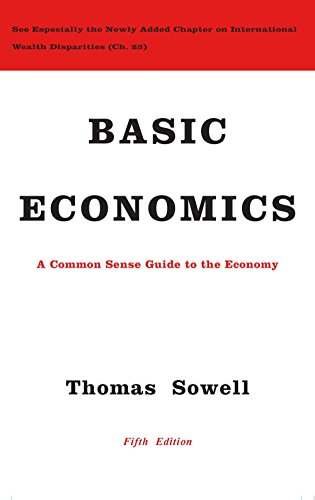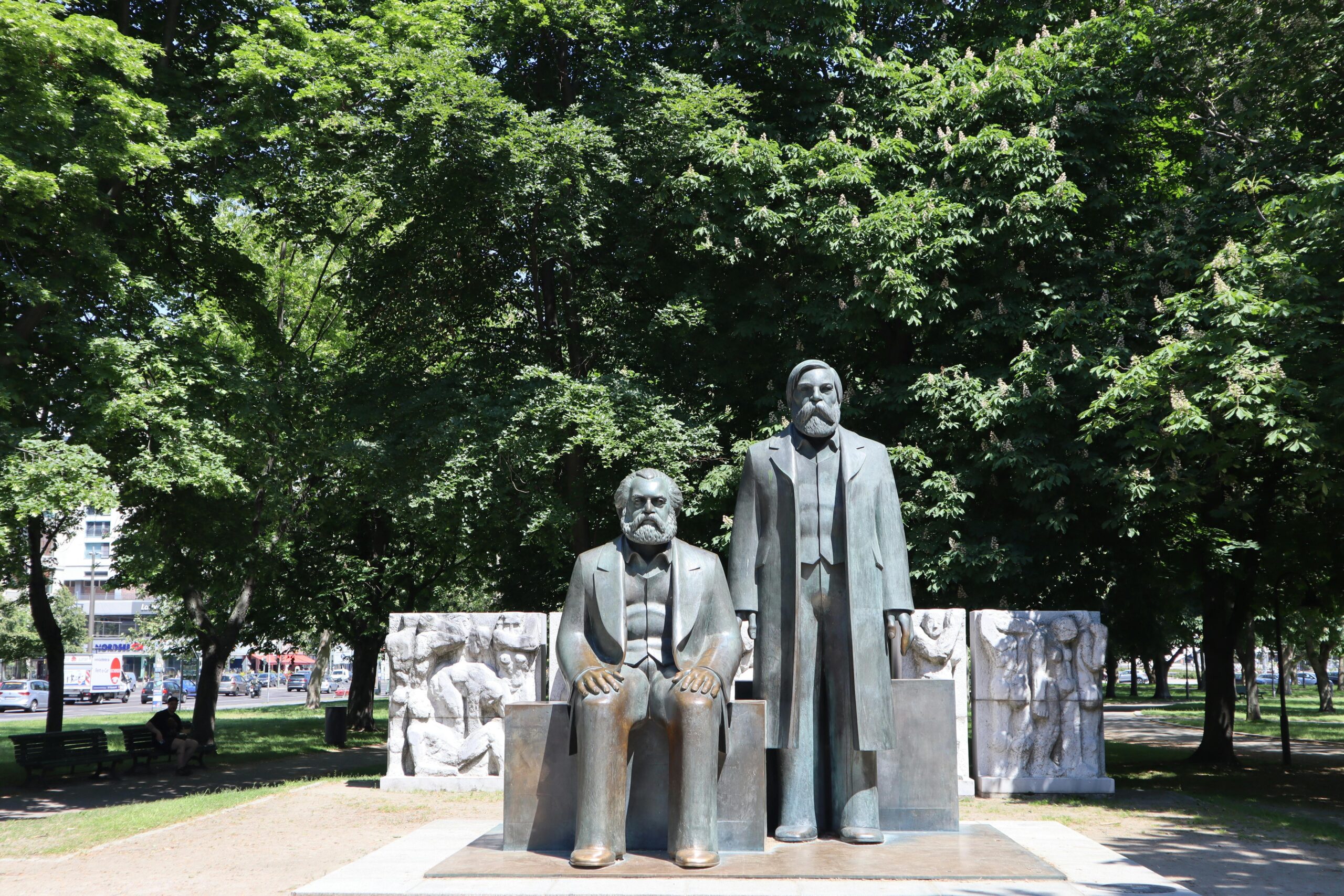Thomas Sowell’s Basic Economics stands as a seminal work aimed at elucidating the principles of economics for the general reader. First published in 2000, with subsequent editions refining its insights, the book seeks to strip away the complexities often associated with economic discourse, presenting the subject in clear, accessible language devoid of technical jargon, graphs, or equations.
“The first lesson of economics is scarcity: there is never enough of anything to satisfy all those who want it. The first lesson of politics is to disregard the first lesson of economics.”
Foundational Concepts: Scarcity, Trade-offs, and Incentives
At the heart of Sowell’s exposition is the concept of scarcity—the fundamental economic problem of having limited resources to meet unlimited wants. This reality necessitates trade-offs, compelling individuals and societies to make choices that involve opportunity costs. Sowell emphasizes that understanding these trade-offs is crucial for evaluating economic policies and outcomes.
Incentives play a pivotal role in guiding behavior. Sowell illustrates how prices function as signals in the marketplace, conveying information about the relative scarcity or abundance of goods and services. When prices are allowed to fluctuate freely, they coordinate the actions of countless individuals, aligning production and consumption in an efficient manner.
The Role of Prices and Markets
Sowell delves into the mechanics of how prices emerge from the interactions of supply and demand. He argues that prices are not arbitrary but are determined by the collective decisions of buyers and sellers. Interference with this process, such as through price controls, can lead to unintended consequences.
For instance, rent control, intended to make housing more affordable, often results in housing shortages and deteriorating property conditions, as landlords lack the incentive to maintain or improve their properties. Similarly, minimum wage laws, while aiming to increase workers’ earnings, can lead to higher unemployment among low-skilled workers by making it more costly for employers to hire them.
Government Intervention: A Double-Edged Sword
While acknowledging that government has a role in providing public goods and enforcing the rule of law, Sowell cautions against excessive intervention in the economy. He contends that policies such as subsidies, tariffs, and regulations often distort market signals, leading to inefficiencies and resource misallocation.
Sowell critiques the notion that wealth can be redistributed without adverse effects. He argues that attempts at income redistribution can dampen the incentives for productivity and innovation, ultimately harming economic growth. Moreover, he highlights the dangers of central planning, where decisions made by a few may not reflect the preferences and knowledge dispersed among the broader population.
International Trade and Global Economics
In discussing international economics, Sowell champions free trade as a mechanism that allows countries to specialize in producing goods where they have a comparative advantage, leading to increased efficiency and prosperity. He challenges protectionist policies, such as tariffs and quotas, which are often justified on the grounds of protecting domestic industries but can lead to higher prices for consumers and retaliatory measures from other countries.
Sowell also addresses common misconceptions about trade deficits, explaining that they are not inherently detrimental and can reflect a country’s investment opportunities and capital inflows.
Debunking Economic Fallacies
A significant portion of Basic Economics is dedicated to dispelling prevalent economic myths. Sowell tackles the “broken window fallacy,” which suggests that destruction stimulates economic activity by necessitating repairs. He clarifies that such views ignore the opportunity costs and the fact that resources used for repairs could have been employed elsewhere.
He also critiques the belief that wealth is a fixed pie, arguing instead that wealth can be created through innovation and entrepreneurship. Policies based on zero-sum thinking, he warns, can lead to counterproductive outcomes.
Conclusion: Empowering the Informed Citizen
Thomas Sowell’s Basic Economics serves as an invaluable resource for anyone seeking to understand the principles that govern economic systems. By presenting complex ideas in an accessible manner, Sowell equips readers with the tools to critically evaluate economic policies and their implications. The book underscores the importance of considering long-term effects and unintended consequences, encouraging a thoughtful approach to economic decision-making.




